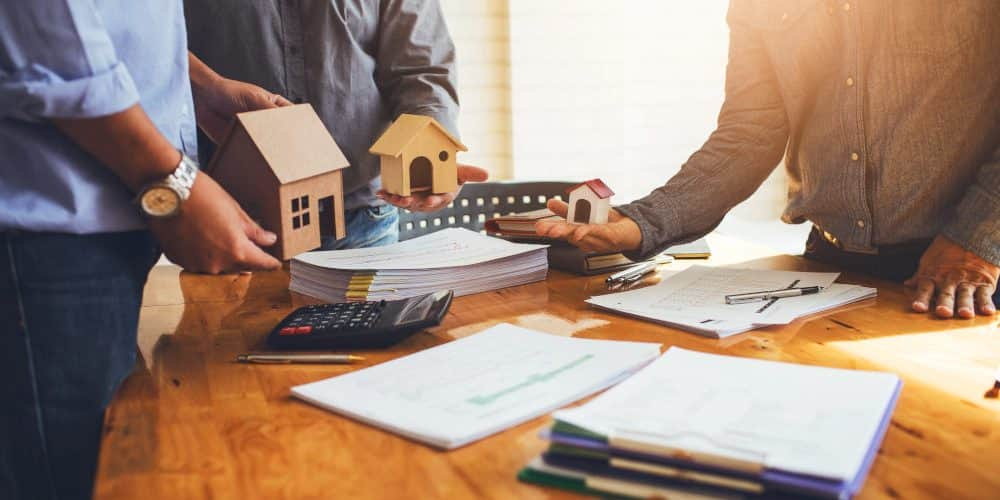If you’re looking to sell a second home, or a property that is not your primary residence then there are considerations to be made when it comes to tax. There have been some changes to the law in the last few years, so make sure you know what tax you should be paying when the time comes to sell your property.
Capital Gains Tax (CGT) on second homes can be a complex field to navigate, but our short guide should make things clearer.
Capital gains tax on selling a second home
Capital Gains Tax may apply when selling a property that is not your main home. You do not have to pay CGT on the sale of a property if it is your only home, and you have lived there since you first bought it. It also will not apply if you haven’t let the property out (having a lodger does not count), used part of it exclusively for business use, or if it is over 5,000 square metres in size. If your property does not meet these requirements, you will need to pay CGT on the gain made during the sale. The gain is simply any profit made. Basic rate taxpayers pay 18% tax on this gain, whilst higher and additional rate taxpayers will pay 28%. Note that there is a 9-month grace period between purchasing a new home and selling a new one. That means if you purchase a property, you have 9 months to sell your old one without being subject to CGT.
Your capital gains tax allowance
All taxpayers are entitled to a CGT allowance which means a certain amount of your gain from selling a second home will be tax free. The allowance is being lowered from £12,300 in the 2022/23 tax year to £6,000 for the 2023/24 tax year. Couples who jointly own a second home can combine their allowance to a total of £12,000 in 2023/24. This allowance does not carry over from one tax year to the next so should be utilised wherever possible.
Reductions on capital gains tax
Certain types of properties will not incur CGT when sold, as stated earlier. If they don’t apply, there are other factors that can reduce your second home’s tax obligation. You can claim back stamp duty as well as fees from estate agents and solicitors that were incurred during the purchase or sale of the property. The costs of improvement work to repair or upgrade the property during your ownership can potentially also be deducted. Just note that this does not extend to decoration or maintenance costs. If you have used the second home as your Principal Private Residence at any point you will be entitled to PPR relief. Lastly, any capital losses made in the same tax year, or in prior years, if not utilised already, can be deduced from your capital gain.
How to pay capital gains tax
You must report and pay any Capital Gains Tax within 60 days of the sale’s completion date. To complete this process accurately, you will need the following information:
- The date the property was first acquired by you
- The cost of purchase and disposal (sale)
- Stamp duty
- Estate agent, surveyor, and legal fees
- Costs of eligible home improvements
- Your total earnings for the tax year in which the sale took place
You can use the government calculator to work out exactly how much tax you will need to pay. Just make sure it is paid within the time limit or you may be subject to penalties.
CONTACT BELLS ACCOUNTANTS
If you’re still unsure about the finer points of paying your Capital Gains Tax, get in touch with the professionals for expert personal tax help. If you’re selling and buying for a large portfolio of properties, trying to keep everything straight can be a major headache. Bells Accountants are here to take care of everything for you. We ensure you pay the right amount on time, so you can focus on the important things. Just call 020 8468 1087 or email to get started today.

